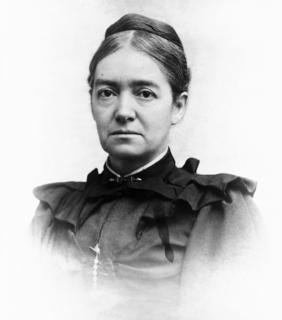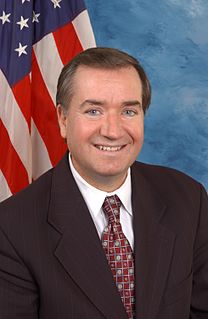A Quote by Chris Abani
When I was growing up in Nigeria - and I shouldn't say Nigeria, because that's too general, but in Afikpo, the Igbo part of the country where I'm from - there were always rites of passage for young men. Men were taught to be men in the ways in which we are not women; that's essentially what it is.
Related Quotes
I'm first generation American, and my parents were both from Nigeria. And so I always say that I'm literally an African American. So my last name is Famuyiwa, it's different. And so that was a part of my experience from people not being able to pronounce it to not sort of having sort of a shared, common history with a lot of the kids that I was growing up with because my parents were from Africa.
If you just look at the number of roles for women versus the number of roles for men in any given film, there are always far more roles for men. That's always been true. When I went to college, I went to Julliard. At that time - and I don't know if this is still true - they always selected fewer women than men for the program, because there were so few roles for women in plays. That was sort of acknowledgment for me of the fact that writers write more roles for men than they do for women.
Men's clothing is more pure in design. It's more simple and has no decoration. Women want that. When I started designing, I wanted to make men's clothes for women. But there were no buyers for it. Now there are. I always wonder who decided that there should be a difference in the clothes of men and women. Perhaps men decided this.
During the long ages of class rule, which are just beginning to cease, only one form of sovereignty has been assigned to all men--that, namely, over all women. Upon these feeble and inferior companions all men were permitted to avenge the indignities they suffered from so many men to whom they were forced to submit.
Back in the days when men were hunters and chest beaters and women spent their whole lives worrying about pregnancy or dying in childbirth, they often had to be taken against their will. Men complained that women were cold, unresponsive, frigid... They wanted their women wanton. They wanted their women wild. Now women were finally learning to be wanton and wild - and what happened? The men wilted.


































